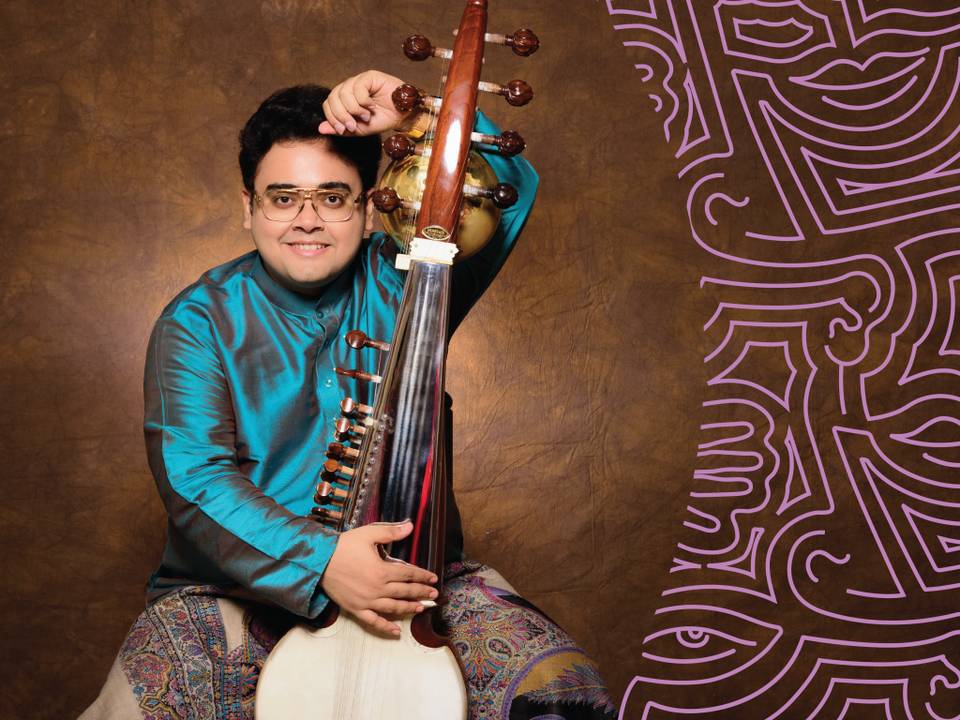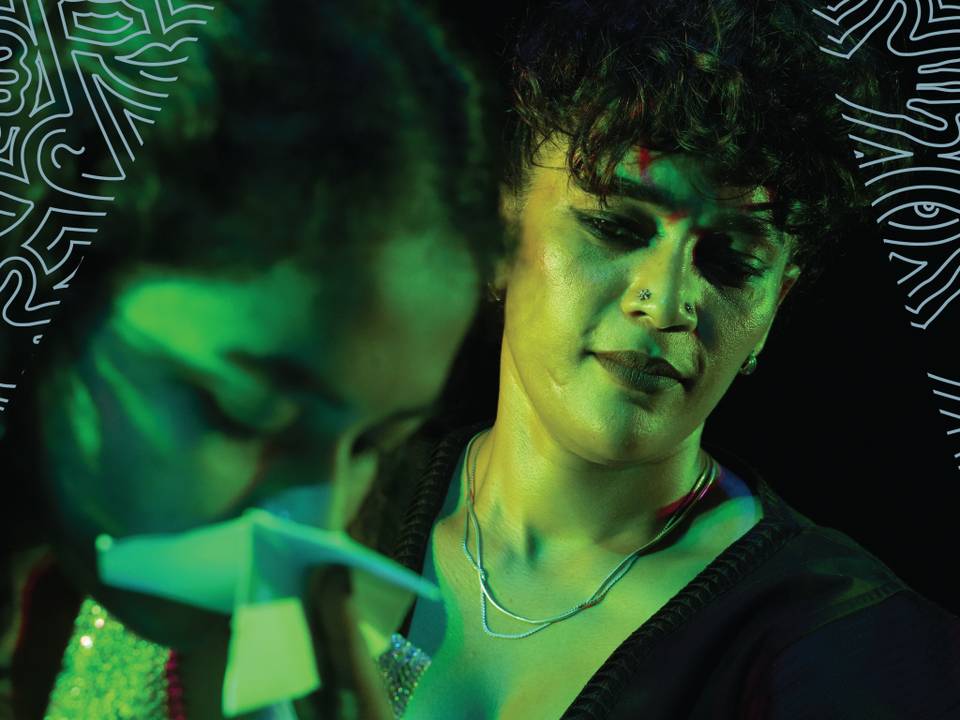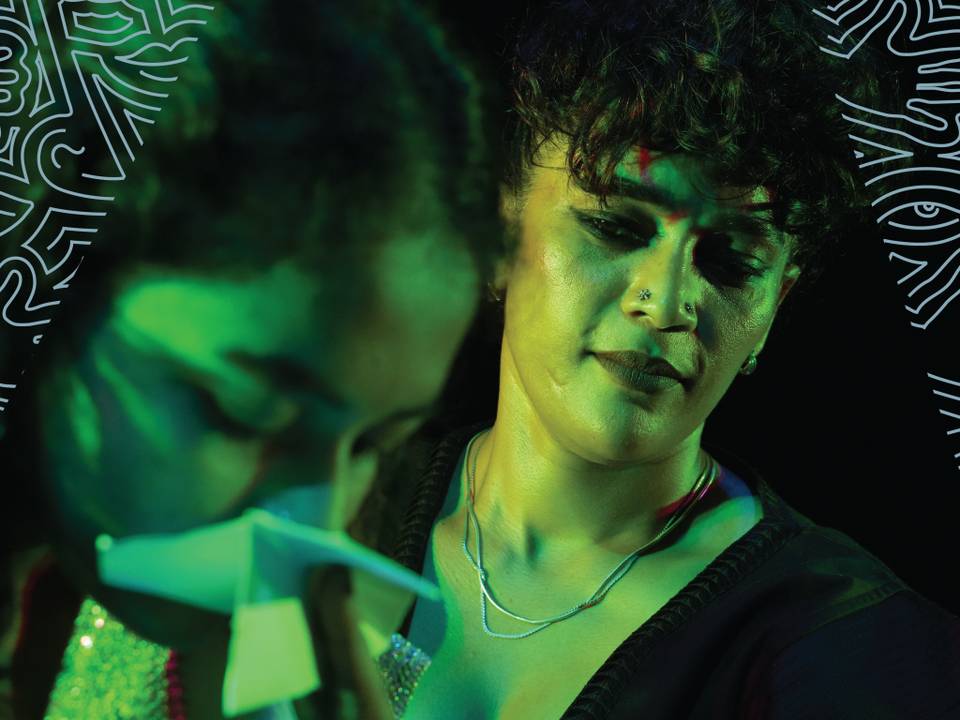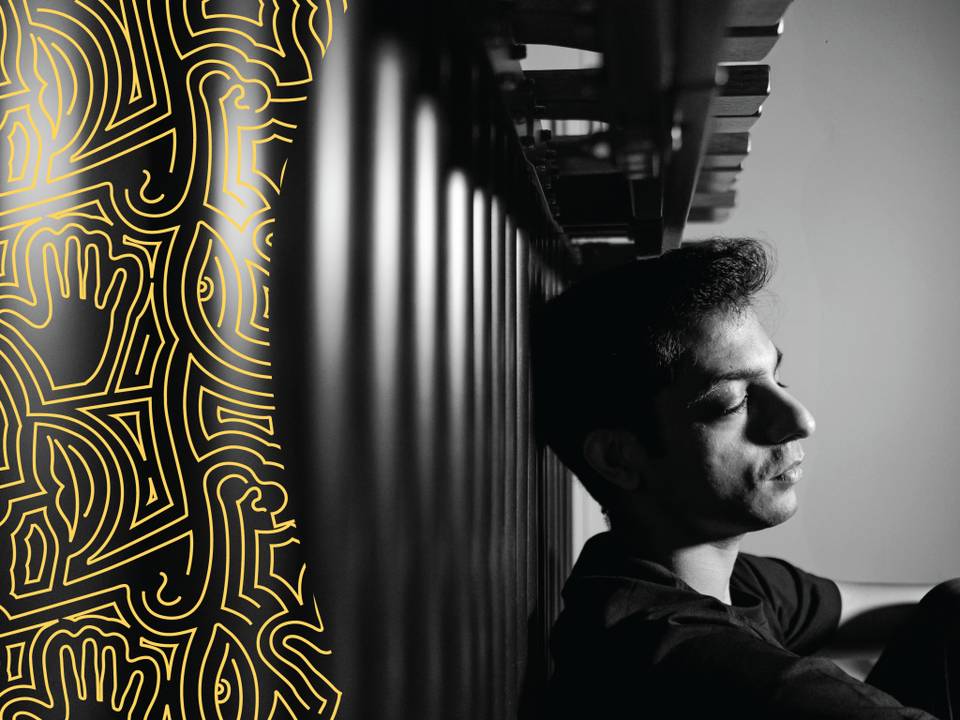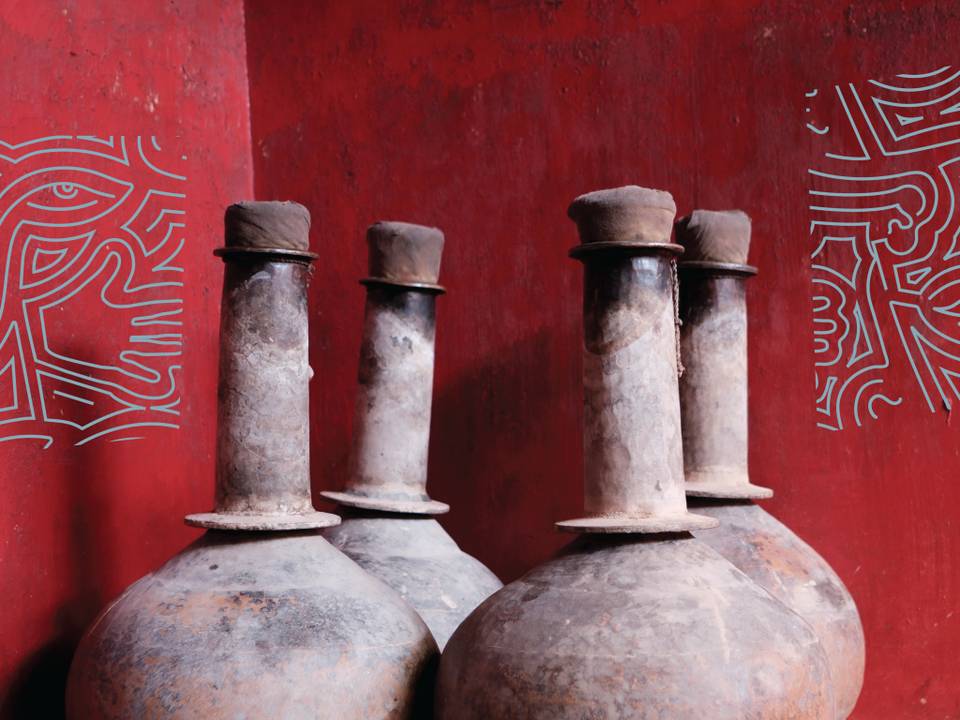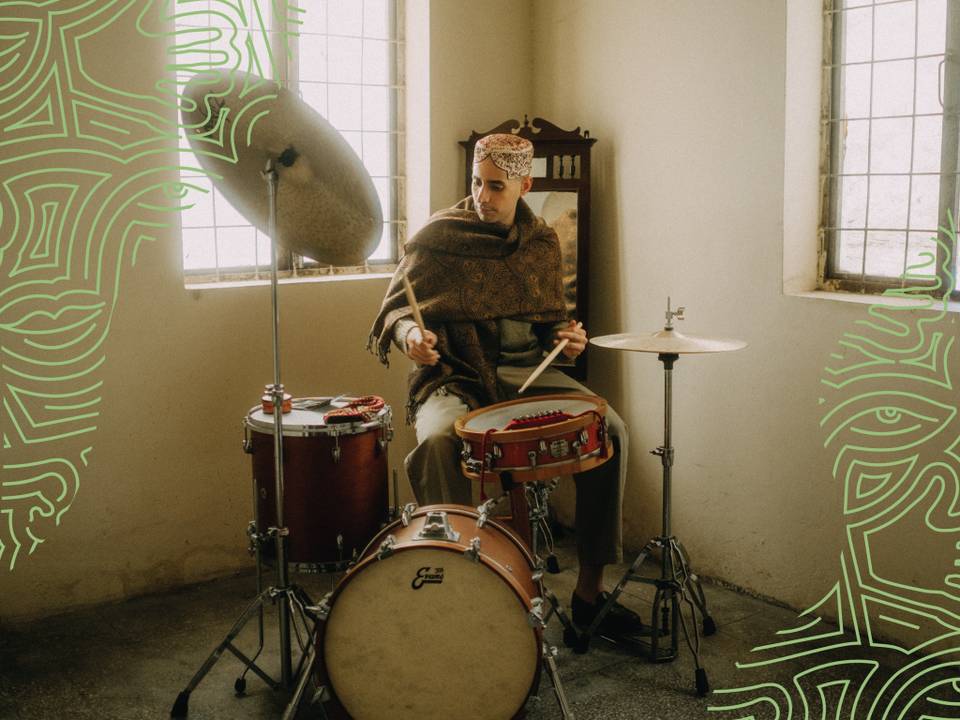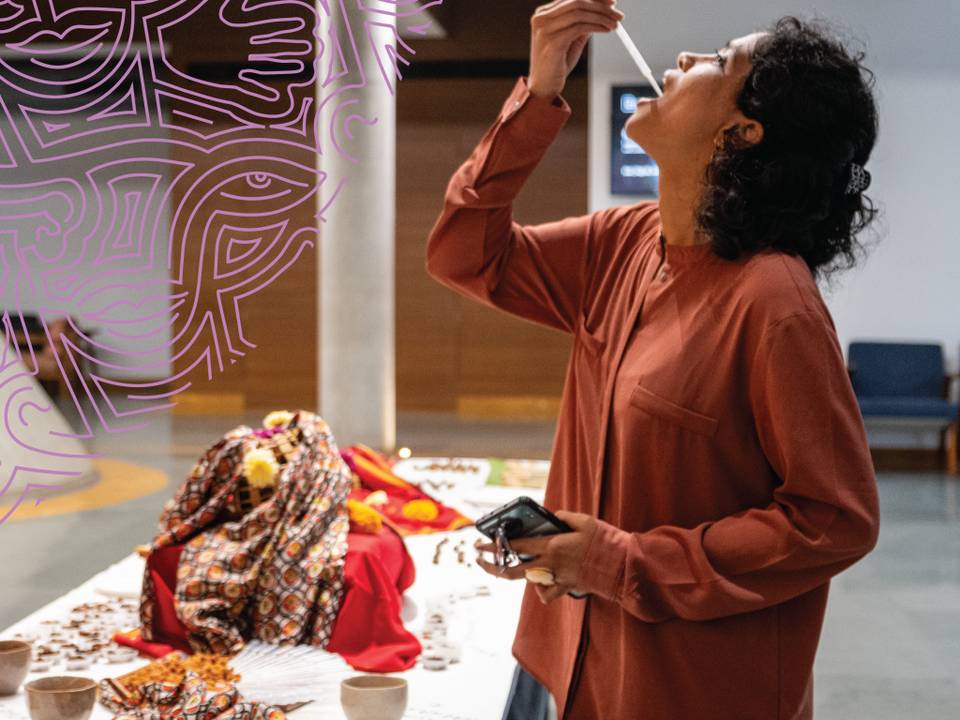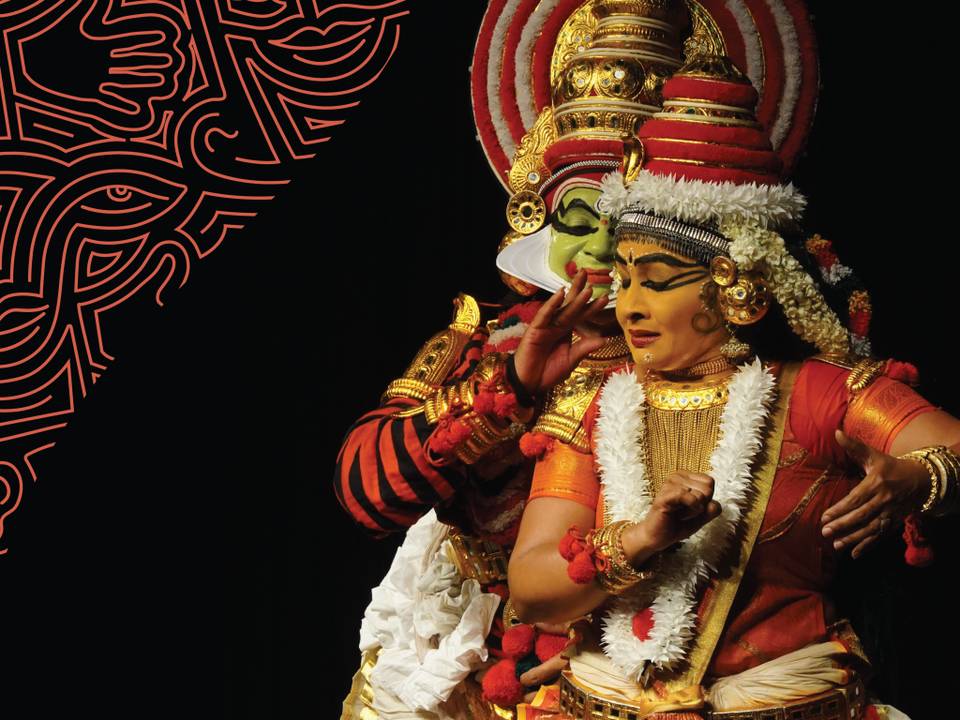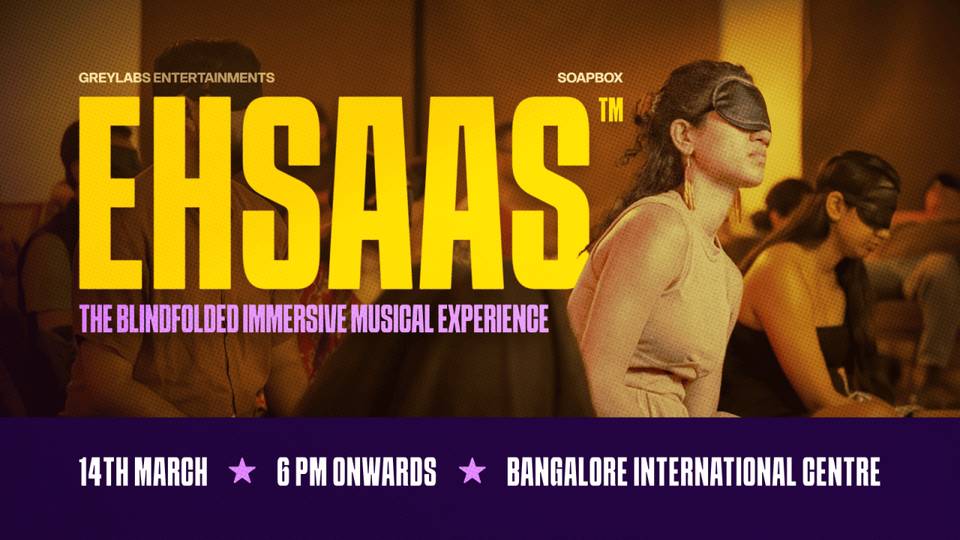India’s Paradox - Triumphs and Trials in the World’s Largest Democracy
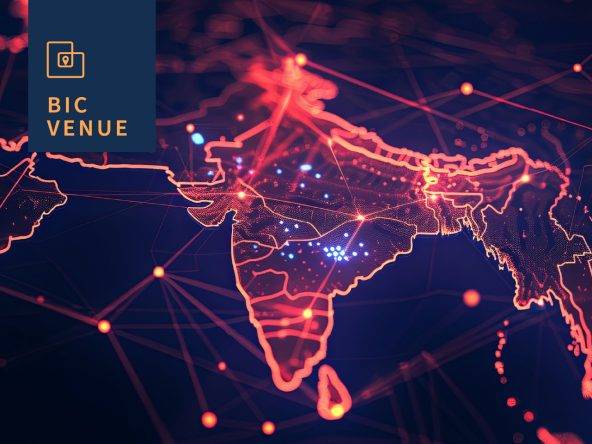
Details
Jul 26 2024 to Jul 26 2024 6:30 p.m.
EVENT HAS ENDED
Where
Bangalore International Centre
7 4th Main Rd, Stage 2, Domlur 560071
Event Description
In this talk, Professor Ashutosh Varshney, will delve into the paradoxes and complexities of India’s democratic journey. Drawing on his extensive research, he will explore India’s resilience as the world’s largest democracy and its challenges in maintaining liberal democratic norms. He will examine India’s democratic trajectory, highlighting the foundational choices made by political elites that have contributed to its stability since independence in 1947, contrasting India’s vibrant electoral democracy with the recent decline in democratic standards observed since 2014, marked by the erosion of civil liberties, minority rights, and checks on executive power. By comparing India’s experience with other democracies worldwide, particularly in the developing world, he will provide a comprehensive analysis using global indices and datasets such as V-Dem, offering insights into how India’s democratic credentials measure up globally. Professor Varshney will also discuss the critical role of political elites and civil society in sustaining and undermining democratic governance. He will emphasise the importance of elite values and interests in shaping democratic trajectories and offer recommendations for reinforcing democratic norms and institutions in India. Strategies for reversing democratic backsliding, the significance of free and fair elections, a robust civil society, and the role of international support for democracy will be key points of discussion. This talk promises to offer profound insights and provoke thoughtful discussion on the state and future of democracy in India.
The talk will be followed by a Q&A session with the audience.
Speaker
Ashutosh Varshney Professor, Political Science, Brown University
Ashutosh Varshney is Sol Goldman Professor of International Studies and the Social Sciences and Professor of Political Science at Brown University, where he also directs the Saxena Center for Contemporary South Asia. Previously, he taught at Harvard (1989-98) and the University of Michigan, Ann Arbor (2001-2008). His books include Battles Half Won: India’s Improbable Democracy (2013), Collective Violence in Indonesia (2009), Ethnic Conflict and Civic Life: Hindus and Muslims in India (Yale 2002), India in the Era of Economic Reforms (1999), and Democracy, Development and the Countryside: Urban-Rural Struggles in India (Cambridge 1995). The awards based on his research include the Guggenheim Fellowship, the Carnegie Fellowship, the Gregory Luebbert Prize, and the Daniel Lerner Prize. He has also won research grants, among others, from the Ford Foundation, Social Science Research Council, U.S. Institute of Peace, Open Society Foundation, and Indian Council of Social Science Research. His research and teaching cover three areas: Ethnicity and Nationalism; Political Economy of Development; and South Asian Politics and Political Economy. His academic papers have appeared in World Politics, Perspectives on Politics, Comparative Politics, Daedalus, Journal of Development Studies, World Development, Journal of Asian Studies, Journal of Democracy, Journal of East Asian Studies, Foreign Affairs, and Economic and Political Weekly. In addition to professional journals, he also contributes guest columns to newspapers and magazines and is a contributing editor to the Indian Express. He served on the former UN Secretary-General Kofi Annan’s Millennium Task Force on Poverty (2002-5). He has also served as an adviser to the World Bank, UNDP and the Club of Madrid.
